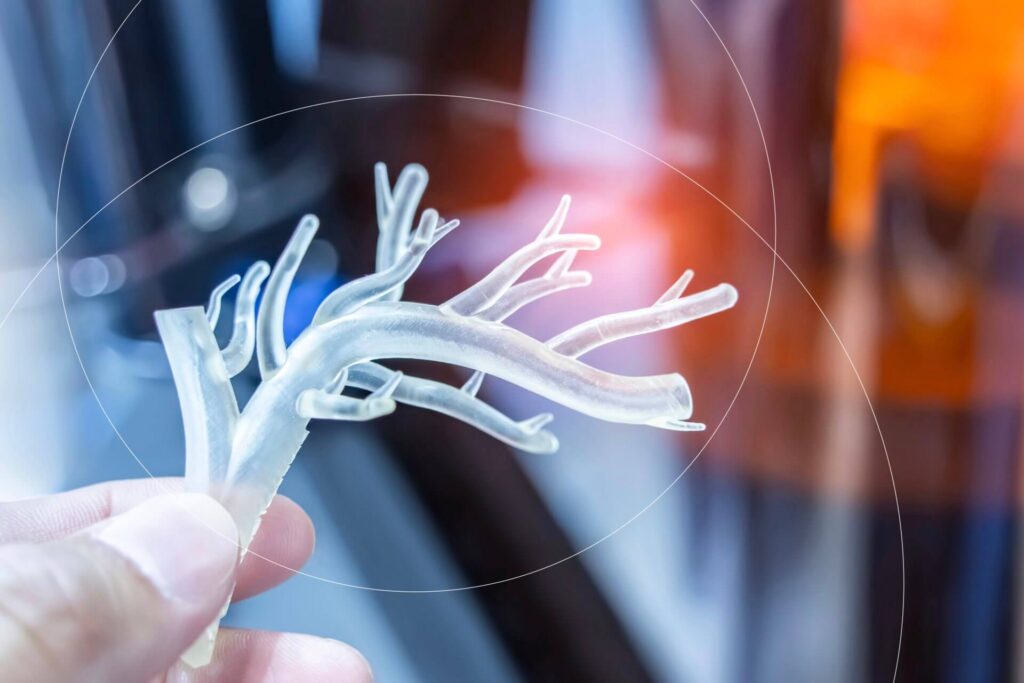Coronary Artery Disease (CAD) and Atherosclerosis are complex cardiovascular conditions with significant global impact. Atherosclerosis, characterized by arterial plaque buildup, becomes a precursor to CAD. It involves the gradual buildup of arterial plaque, compromising blood flow to the heart. Plaque, primarily composed of cholesterol, fat, and other substances, accumulates within coronary arteries, leading to their narrowing and hardening.
In Atherosclerosis, inflammatory processes also trigger the formation of these plaques, initiating a cascade of events that compromise arterial flexibility. As plaque accumulates, the risk of blood clots and complete blockages rises, setting the stage for CAD. The global prevalence of CAD is alarming, affecting millions and contributing to heart attacks and related complications.

Atherosclerosis often progresses without noticeable symptoms in its early stages. Symptoms usually become apparent when the condition has advanced, leading to significant narrowing or blockage of arteries. The symptoms may vary depending on the affected arteries and organs and include:
Research on Coronary Artery Disease (CAD) and Atherosclerosis faces several challenges, reflecting the complex nature of these cardiovascular conditions. Key research challenges include:
Unraveling the intricate molecular and cellular mechanisms underlying the progression of Atherosclerosis and CAD remains a challenge. Understanding how these conditions develop and evolve is crucial for developing targeted interventions.
Designing personalized treatment approaches based on individual patient characteristics, genetics, and environmental factors is challenging. Tailoring interventions to address the heterogeneity of CAD and Atherosclerosis is essential for more effective and precise treatments.
Identifying reliable biomarkers for early detection of Atherosclerosis and predicting the risk of CAD is an ongoing challenge. Early diagnosis is crucial for implementing preventive strategies and interventions before significant damage occurs.
Investigating the mechanisms behind plaque rupture, a critical event leading to heart attacks, is challenging. Understanding the factors triggering plaque instability is crucial for developing interventions to prevent acute cardiovascular events.
Identifying reliable biomarkers for early detection of Atherosclerosis and predicting the risk of CAD is an ongoing challenge. Early diagnosis is crucial for implementing preventive strategies and interventions before significant damage occurs.
Developing therapies that not only alleviate symptoms but also target the root causes of Atherosclerosis and CAD is a persistent challenge. Addressing the underlying mechanisms to halt or reverse disease progression remains a goal in cardiovascular research.
Bridging the gap between preclinical findings and clinical applications poses a challenge. Translating promising results from laboratory studies into effective patient treatments requires a comprehensive understanding of disease mechanisms.
Assessing the influence of lifestyle factors, such as diet, exercise, and stress, on the development and progression of Atherosclerosis and CAD is complex. Studying the interplay between genetic and environmental factors is essential for holistic disease management.
Assessing the influence of lifestyle factors, such as diet, exercise, and stress, on the development and progression of Atherosclerosis and CAD is complex. Studying the interplay between genetic and environmental factors is essential for holistic disease management.
Overcoming these challenges requires collaborative efforts from multidisciplinary research teams, innovative technologies, and a commitment to advancing scientific knowledge in cardiovascular research.
SCIRENT plays a pivotal role in conducting clinical trials that contribute to developing groundbreaking therapeutic approaches. Let us explore the possibilities of transformative research on Coronary Artery Disease and Atherosclerosis together!
How can we help you? We will get in touch shortly.